Rafiki, a mountain gorilla group leader in the Bwindi Impenetrable National Park in Uganda, was recently killed by poachers. It’s just the last of numerous episodes of hunting violence against wildlife, but the damage is bigger than it seems at first sight. In Primates, the group leader’s death causes social instability, since the leader is the natural deterrent to rival groups’ aggressions. We, as humans, should understand this principle fairly well, since our history is more about people and power, rather than random cataclysmic events.
On June 12th 2020 the Uganda Wildlife Authority announced that Rafiki, the leader of a mountain gorilla group in the Bwindi Impenetrable National Park in Uganda, had been killed by four poachers. Fonte:Losh The last time a gorilla was killed by a human hand was in 2011. This sad news marks a great leap back in conservation efforts made so far, efforts that have allowed these subspecies to pass from “critically endangered” to “endangered” during the years they were enforced.
Rafiki’s death indicates a double fragility: the fragility of an endangered species, and that of the economic balance in developing countries.”
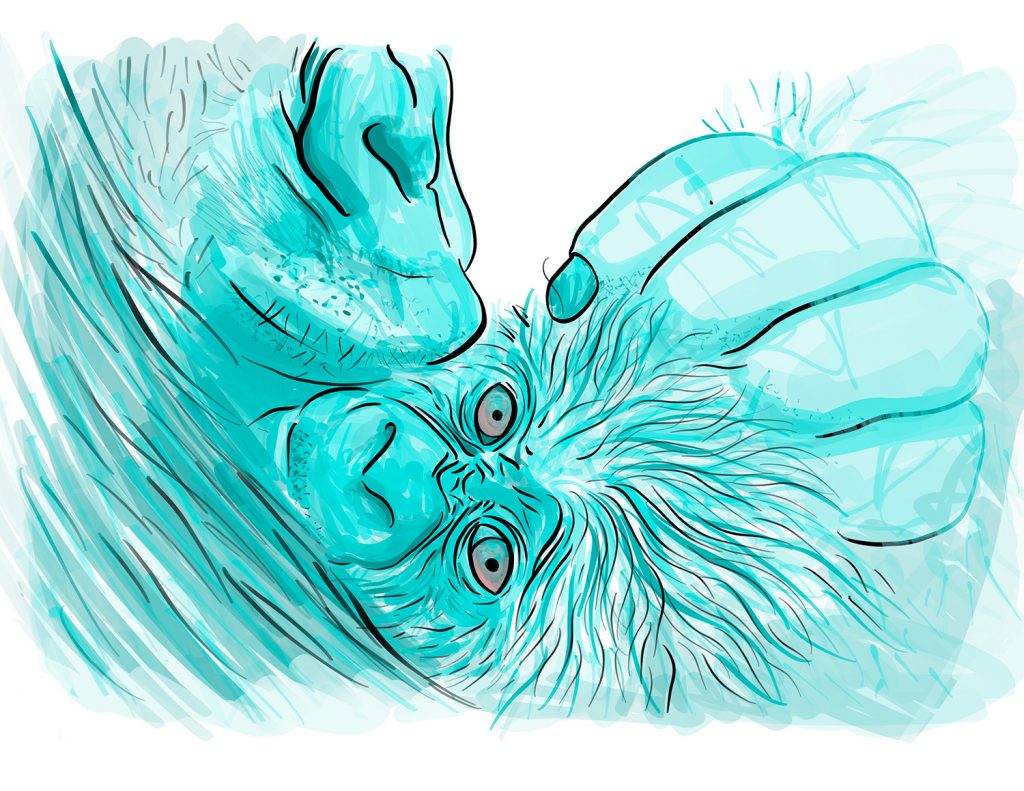
Mountain gorillas used to wander freely outside the park to feed, and didn’t fear interactions with tourists during their safaris, which provide an essential part of the local economy. The conservationists’ strategy, in fact, has turned out to be a win-win approach, thanks to coupling wild species’ conservation with ecotourism. This ecotourism deal allows large portions of land to remain unpopulated, without damaging the need of the locals to earn a living from the land. Rafiki’s death indicates a double fragility: the fragility of an endangered species, and that of the economic balance in developing countries, in which entire communities depend on Western tourism to survive.
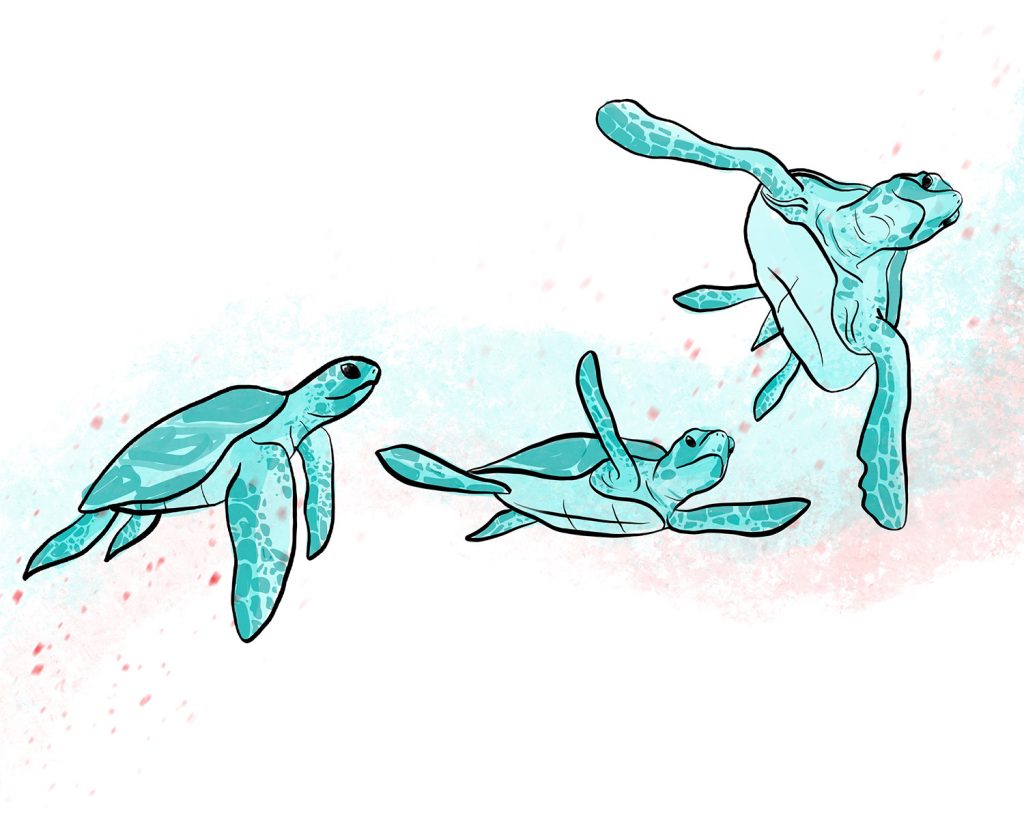
Why is Rafiki’s story different from, for example, that of a sea turtle killed by a fishing hook that got stuck in its palate? Because when a turtle dies, the whole population loses only one element, whereas the death of Rafiki, the group leader, significantly increases the risk for the entire group to be decimated. It’s the price paid by social animals, to whom the group is essential for survival. Fonte:Gorilla
RAFIKI
Rafiki was the 25-year-old dominant male, holding the leadership of a 17-strong group of gorillas since 2008: he was just like the mayor of a small town. Rafiki was a Mountain gorilla, Gorilla beringei beringei, one of the two subspecies of Eastern gorilla, the largest Primate on Earth (the adult male reaches 200 kg). Even if they are huge and territorial animals, Mountain gorillas lead peaceful lives, and use their weight only to intimidate, via thumping their chests (yes, Tarzan’s adoptive family was mountain gorillas) rather than fighting. They’re herbivores (they can eat up to a fifth of their weight in vegetables each day), but they indulge sometimes in a protein treat made of insects or mollusks. Their habitat is the mountain and subalpine rainforest, an environment severely affected by human activities and under constant risk of shrinkage. Because of the reduction of its habitat, this subspecies has less than 1000 individuals, divided into two different populations: one at the border between Uganda, Rwanda and the Democratic Republic of Congo, and the other in the Bwindi Impenetrable National Park in south-west Uganda. Study and conservation efforts begun in the Sixties by American primatologist and conservationist Dian Fossey, who was murdered in 1985 for her “uncomfortable position” in an increasingly touristic region. Despite her assassination, her conservation efforts succeeded, and ensured Mountain gorillas became no longer critically endangered in 2018 (although there is still a lot to do).
Every relationship implies the dominance of an individual over the other.”
Dominant gorillas (silverbacks) like Rafiki define the group’s stability and cohesion. Their undisputed dominance – we would say leadership – prevents conflicts among all the other group members, when rivalries emerge. Moreover, the silverback protects the members of the group, which is considered as his family, and their territory and its resources from threats from other leaders, aggressively when needed. Fonte:Fossey
When a leader dies, either he is replaced by another silverback, or the group members split into other groups. The reason why this happens lies in the social dynamics that are typical to Primates: every relationship implies the dominance of an individual over the other. When there’s no such command hierarchy, a constant tension arises, caused by the conflicts that stem from competing for power. Thus, when a group loses its leader, the internal conflicts that have been kept silent until then rise again. If the new leader does not acquire undisputed authority quickly enough, the group dissolves under the pressure of competition. The problem is that the optimum group size could be bigger than that of any remaining subgroups. If this is the case, the fragmented subgroups merge with foreign groups, facing the risk that the dominant silverbacks kill the young to “clean up” the lineage. Fonte:Chapais
It’s not enough to create a national park and fence it off to allow a species to thrive undisturbed.”
The study of social organization among non-human Primates illustrates how important it is to consider also the relational needs of endangered species to enact effective conservation policies. Just as it is not enough to feed a baby and give it a shelter to make him happy, it’s not enough to create a national park and fence it off to allow a species to thrive undisturbed.
On closer inspection, this is well-known, from the “autobiographical” experience of humanity. In fact, social and economical stability has always been at the basis of ancient civilizations’ prosperity and, even if common sense states that human history is determined by a game of chance, there’s at least one other fundamental factor: that we are Primates, with unwritten laws on dominance, power and social organization. When stability goes missing, either revolutions happen or crises are faced, and because of these factors entire societies can collapse. Fonte:Maestripieri
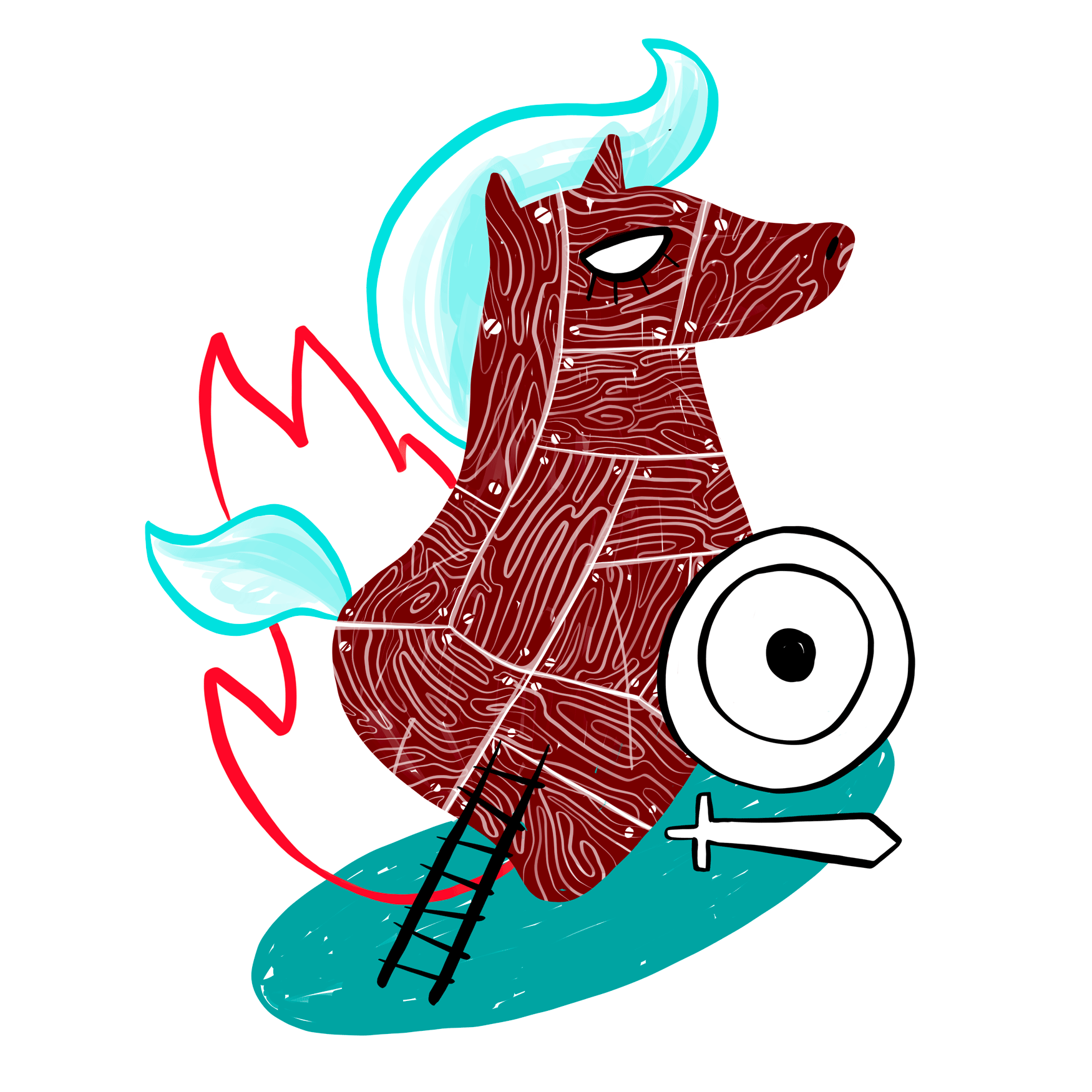
Any examples? Let’s start with a classical one: the Trojan War. Narrated in the Iliad, it ends – spoiler alert – with the slaughter of the reigning dynasty. This leads to the end of the economic hegemony of Troy on the Eastern Mediterranean, and to the birth of the Classical Greek civilization, based on a city-state economic and cultural model. Fonte:Troy The change in the power-balance from one dominant group to another is a relevant fact, per se, within the context of human history, which develops on a very short timescale. However, it goes beyond that. A shift in power can generate a cultural tidal wave that can influence the history of the entire species.
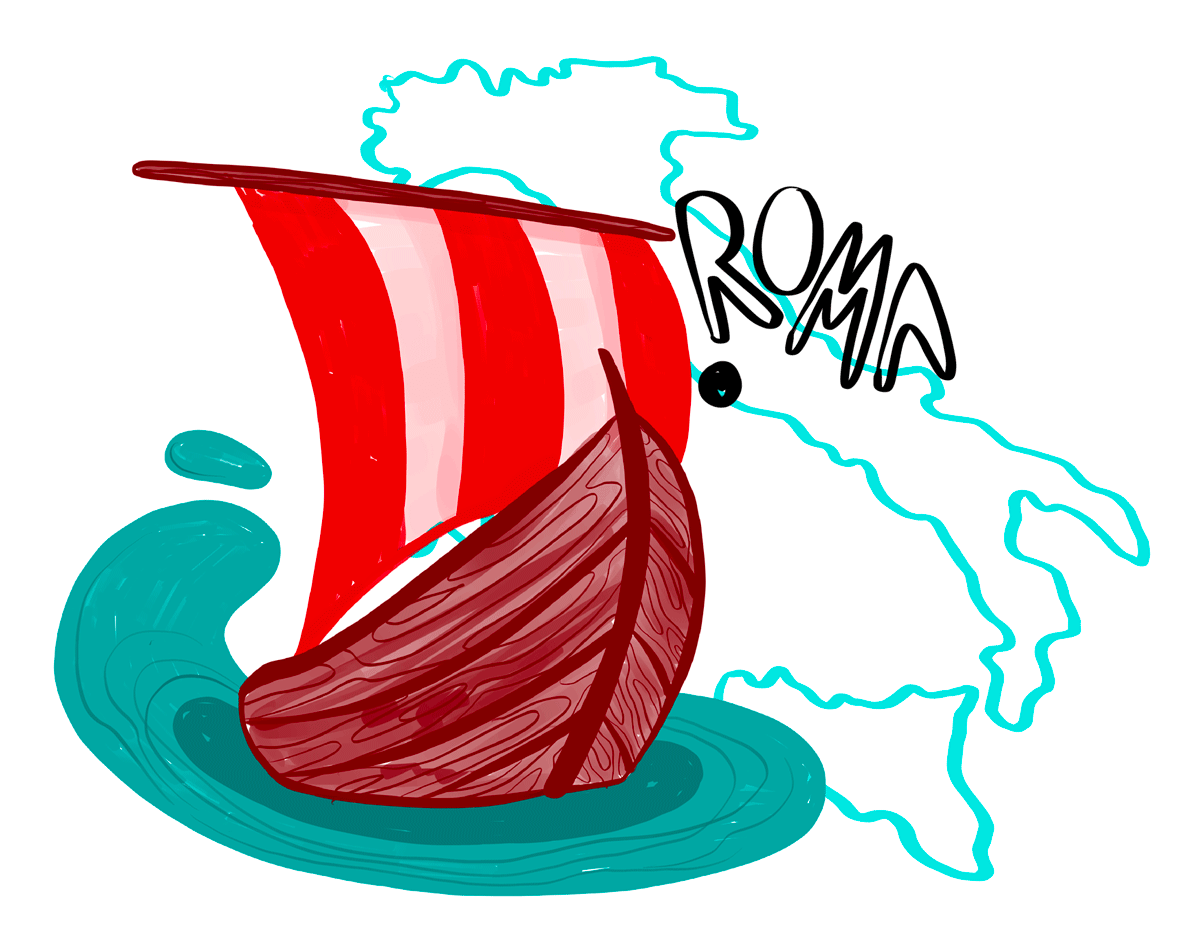
The foundation of Rome, if we want to use the Aeneid as source-book, depends on Aeneas’ departure to Italy at the end of the Trojan War. Fonte:Caliò Not a small thing, then: the foundation of Western culture is more or less a direct consequence of the deaths of Hector and Astyanax. The other half of the dynasty, Cassandra, Andromache, and Hecuba became slaves, and the winners murdered all of their children – not so different from what happens among gorillas.
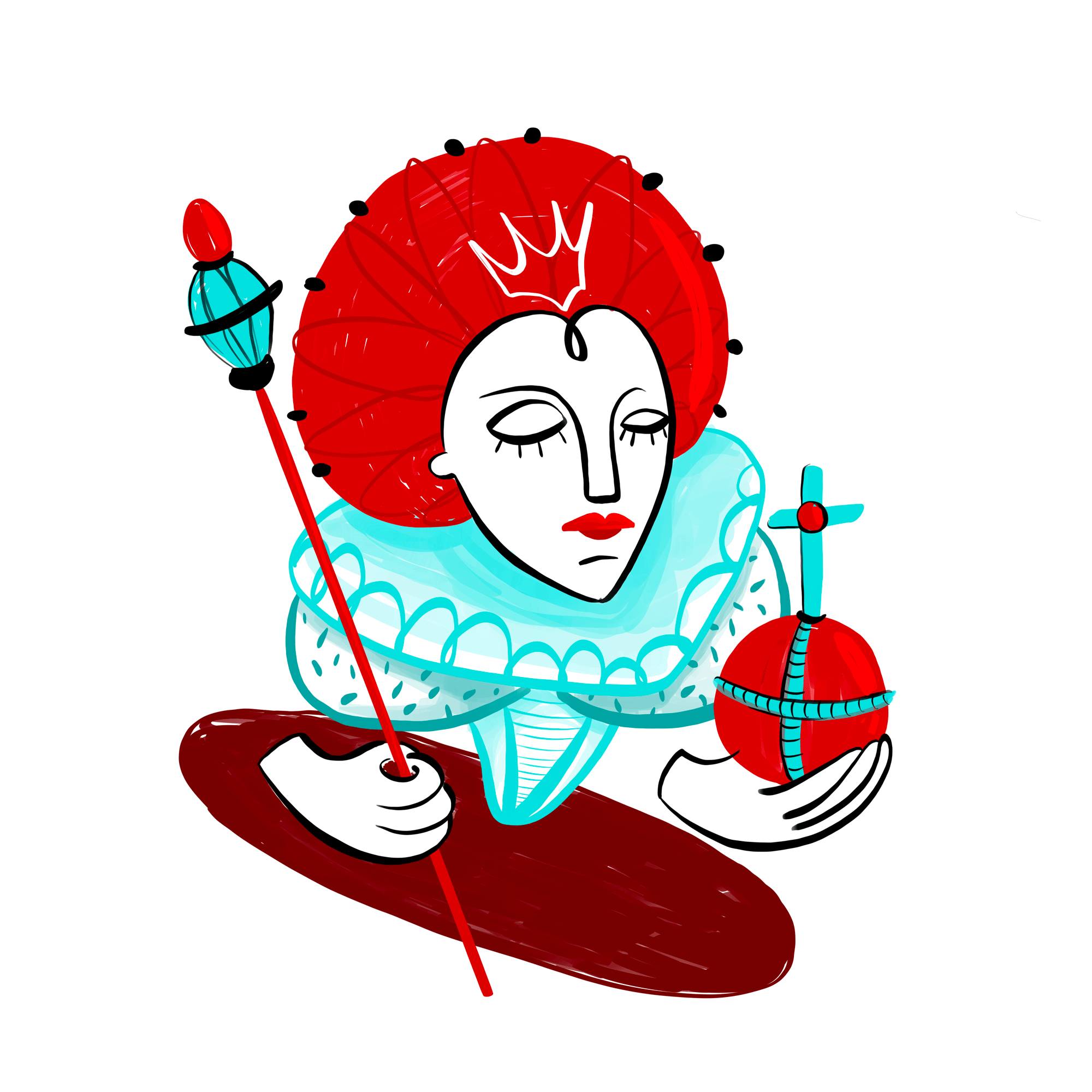
Switching to a modern example, the problem can also be simply the absence of heirs, like for Elizabeth I of England. She never wanted to marry, even if she had had a long romance with Robert Dudley, count of Leicester. Different hypotheses have been raised about the reasons behind this choice, among the many the fact that she did not want to subdue her power to that of a man (let’s not forget that her father, Henry VIII, had sentenced to death two wives with the accusation of adultery). Another theory was that she felt there was no suitable European heir to whom marriage would form a strong union, without exposing the English Crown to an annexation risk. Fonte:Morrill Queen Elizabeth’s death without heirs left the throne to the Stuarts, Scotland’s reigning family, at the time headed by James VI. Strangely enough, James VI was no less than Mary Stuart’s son, who in turn was Elizabeth’s cousin, who had been condemned to death by Elisabeth accused of having claimed England’s throne. In truth, the bigger issue with Mary was that she was a Catholic, and thus hostile to the Tudors, which, in the figure of Henry VIII fought a bitter battle with the Vatican to found the Anglican church and thus obtain independence from Rome.
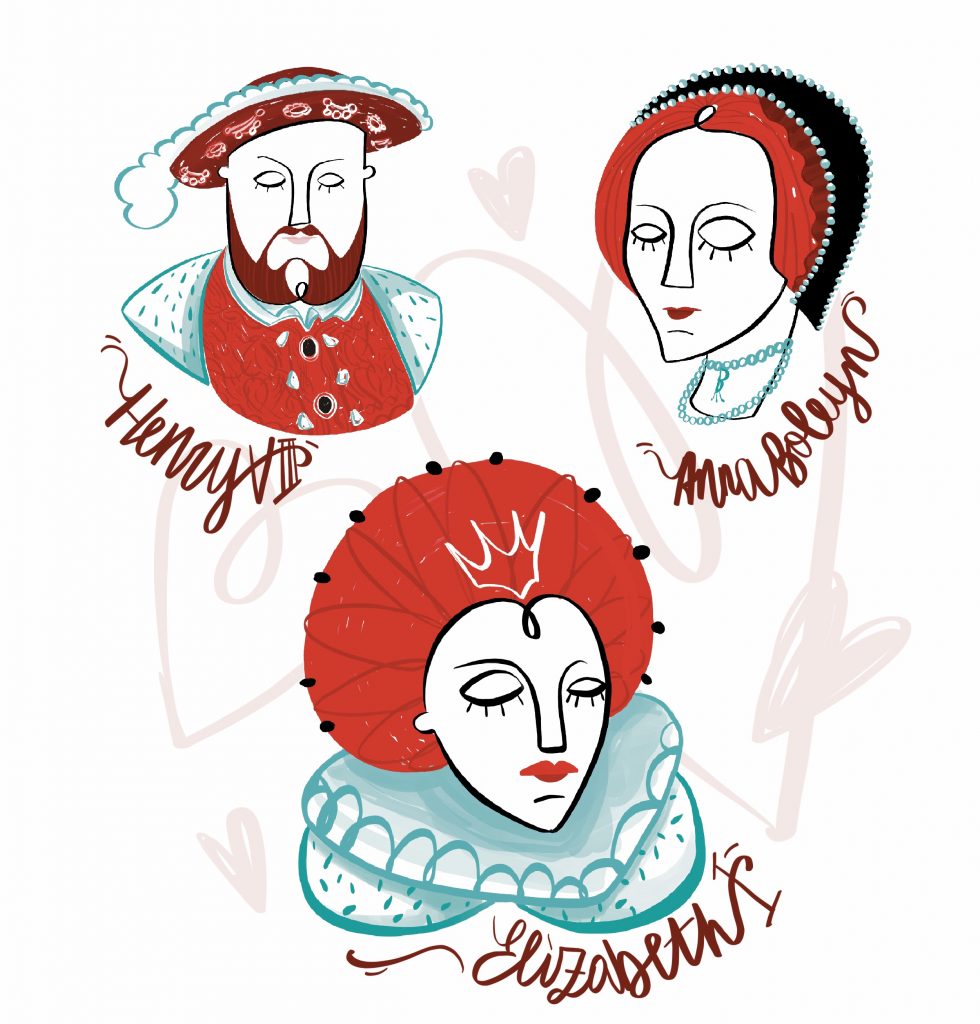
James VI did not follow his mother’s pro-Catholic policy, and adopted a much more effective, and less life threatening, strategy of mediation, which allowed for almost twenty years of peace. Fonte:Asa However, the economic crisis and the political-religious tensions, fueled by the friendship between the Stuarts and the very catholic Spain, lead to a progressive deterioration of the relationship between the Crown and the Parliament in England. This exploded in the British Civil Wars, from 1629 to 1651. During such political turmoil, the West witnessed the birth of the first revolutionary parliament of modern history, the Commonwealth of England, led by Oliver Cromwell. Fonte:Oh Even if it lasted only from 1649 to 1660, and quickly degenerated into a despotic regime, it was the first democratic attempt in an established and powerful country like Britain, a country was already much more complex than the ancient Greece city-states or the Maritime Republic of the Middle Ages.
Last but not least, probably the best example of historical events which degenerated badly after the death of a leader, is the murder of Archduke Franz Ferdinand of Habsburg, killed in Sarajevo on the 28th June 1914. His death was nothing less than the casus belli for World War I. Franz Ferdinand was the heir to the Austro-Hungarian throne. Gavrilo Princip killed him with the help of an ultra-nationalist terrorist group that aimed at claiming Bosnia’s independence from the Austrian oppression, and merging Bosnia with the Kingdom of Serbia. Following the attack, Austria-Hungary delivered an ultimatum to Serbia, jointly responsible of the murder, and on the July 28th declared war. Pre-existing European alliances and interests worsened the events: two alignments were born – the Austro-Hungarian, Germanic and Ottomanic alliance versus France, Great Britain, Russia, Japan, USA and Italy.
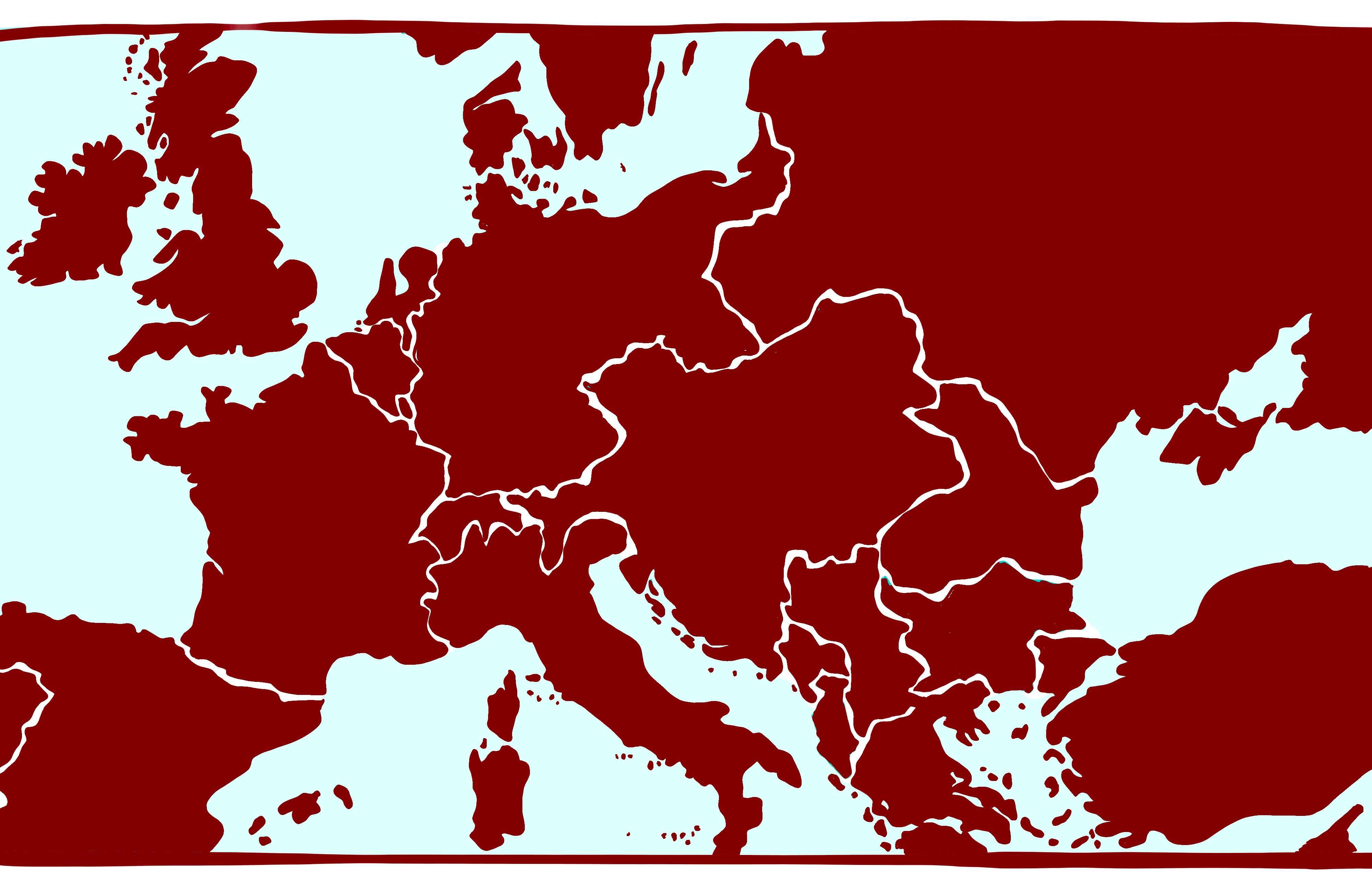
World War I had consequences difficult to summarize in brief. Countries that did not exist before, such as Poland, Czechoslovakia, Jugoslavia, Finland, Lithuania, Latvia, Estonia, and Albania were suddenly born. For the first time in history, tanks, planes, submarines, and asphyxiating gases were used in warfare. Mass military recruiting created a complete and absolute mobilization of society that had no precedent in history. In Russia, the war triggered the October revolution and was the main impetus for the birth of the communist party. The deep discontent for the economic crisis fed the birth of new socialist and Marxist movements, but also the explosion of illiberal movements that would eventually lead to totalitarisms. The death toll was huge, 8 million deaths and 20 million injured. Fonte:Treccani
It is probable that European tensions would eventually have exploded and led to a war in any case, but what would have been a sufficient trigger to justify such a strong reaction, and would it have led to a similar explosive chain of events?
What if Astyanax had not been thrown from the walls of Troy? What if the Golden Age Queen would have surrendered to the love for her favourite knight and given England an heir? Would the Révolution française be as we know it or not? And our XXth century, how would it have been if Franz Ferdinand had died of old age? Nobody will ever know, but one thing is sure: when the leader dies, in Primate society everything changes and the destiny of the species is nothing but the result of the ability of populations to react to the traumas they face as a consequence.
In Rwanda, what will happen to Rafiki’s family, now that their leader is dead? We hope that the mountain gorillas will show more mercy than the Greeks did in Troy, but hope is not enough. We know that we have a mission, but conservation cannot simply be limited to ensure animals survive, we must also guarantee them the conditions in which they can live peacefully in a stable and thriving society.
